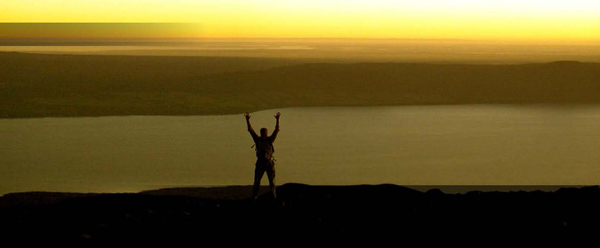ODJ: living differently
October 12, 2013
READ: Daniel 9:1-22
But we have sinned and done wrong. We have rebelled against You and scorned Your commands and regulations (v.5).
Several years ago my husband and I made the decision not to purchase cable TV. The benefits of our decision went far beyond saving money. In fact, having recently lived with a family while building our new home, we discovered what we hadn’t been missing. We knew the toxicity of television, but now with everyday access, we saw in high definition the brazen sexuality and carnal worldview that permeates many commercials.
Trapped in a foreign culture, Daniel knew firsthand the challenges of life in a society steeped in sin. While his story teaches us how to remain pure and prayerful regardless of what others around us are doing (Daniel 6:4-12), the events that brought him to Babylon hold lessons as well.
Though they had been warned by God’s prophets for years, the people of Israel chose idolatry above their love for Him. They knew how to perform their rituals, ask for His intervention and speak the right words, but their hearts remained in love with the secular culture (Isaiah 29:13).
Daniel was different, however. A member of the remnant taken into captivity, he didn’t choose to live in Babylon, but he did choose to live differently while there. He saw not only the sin of the pagan society to which he had been transported but, more importantly, he recognised the compromise that had infiltrated the people of God. Because Daniel cared about God’s standards more than his own need for comfort or entertainment, God not only spoke to him but gave Daniel “insight and understanding” (Daniel 9:22).
The same opportunity is available to us today, and our ability to rise above an unholy culture begins with repentance. —Regina Franklin
Read 2 Corinthians 6:14-18 to understand how our separation from the world’s way of thinking is directly connected to our intimacy with Jesus.
In what ways can we become numb to the influence of secular media? How can we discern if our media choices have become a place of idolatry?



